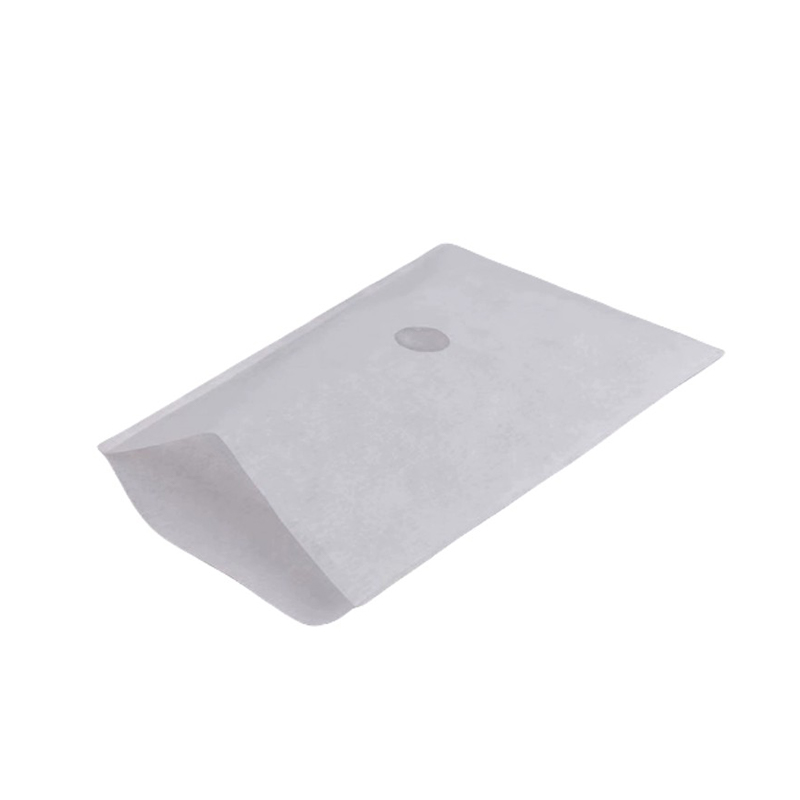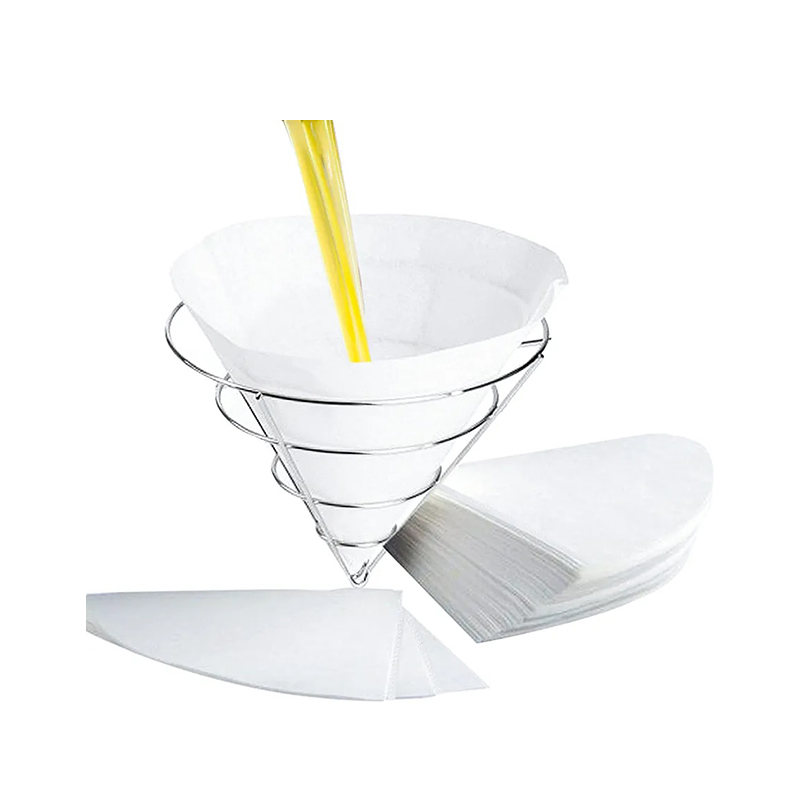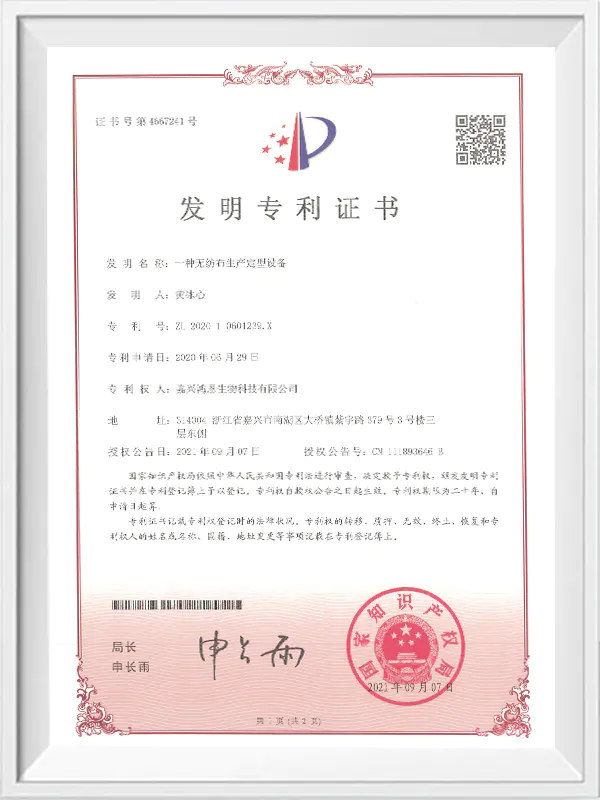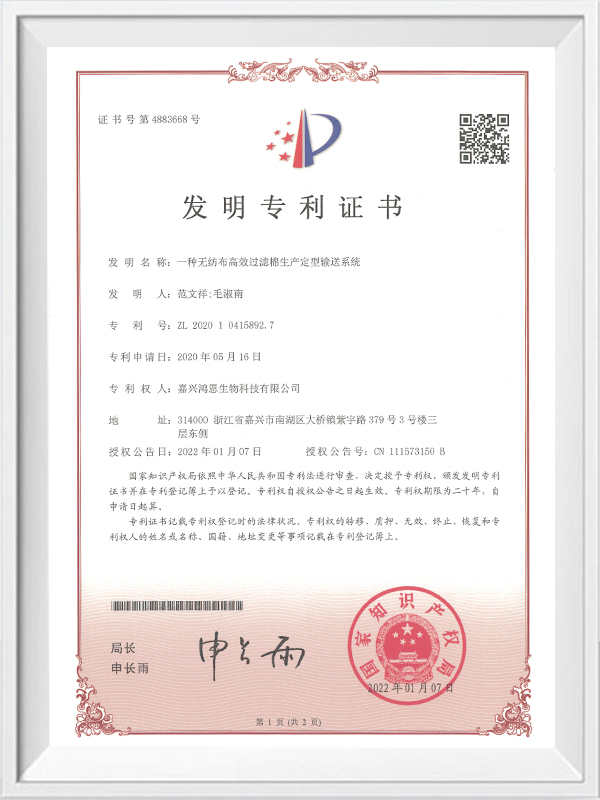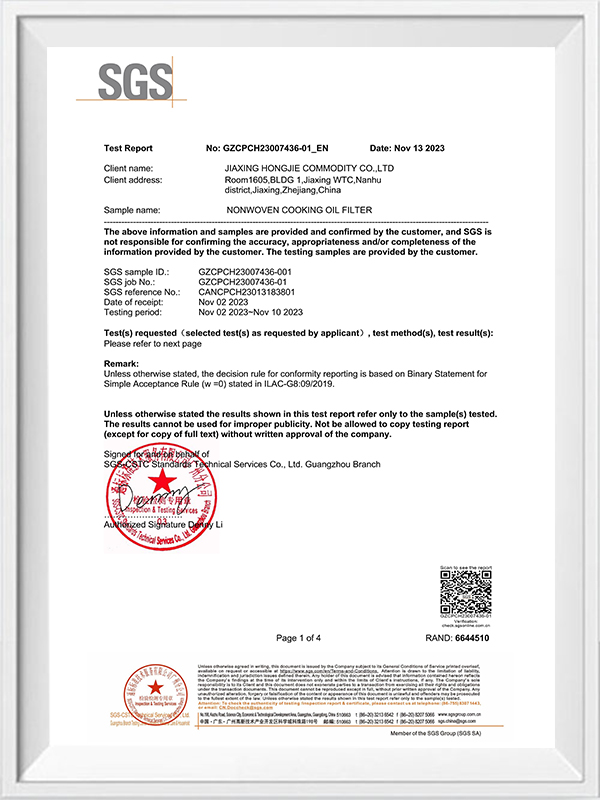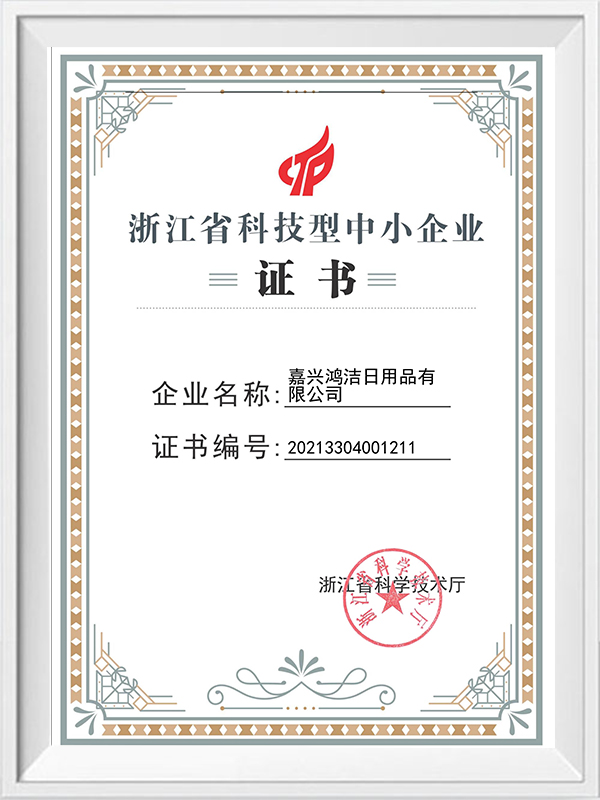Submit feedback
Cooking Oil Filter Papers Manufacturers
Cooking Oil Filter Papers
Some other disposable nonwoven products made of nonwoven fabric, are used for filtering.
JIAXING HONGJIE COMMODITY CO., LTD
JIAXING HONGJIE COMMODITY CO., LTD is famous China Cooking Oil Filter Papers Manufacturers and Cooking Oil Filter Papers factory, an enterprise combining industry and trade. The factory is located in Jiaxing City, Zhejiang Province, adjacent to Shanghai and Hangzhou. The company is committed to producing various non-woven products, including non-woven cleaning rags, non-woven wet wipes, non-woven mops, disposable dusters, and other related non-woven products.
The company has more than 10 rag production lines, 2 fully automatic wet wipes production lines, duster production lines, and several other product production lines. They are mainly exported to dozens of countries such as the United States, Europe, Japan, South Korea, Australia, and Southeast Asia. Among the cooperative customers, there are many well-known supermarkets and purchasing customers at home and abroad. A complete set of production processes and management theories allows us to have stable quality and supply capabilities, winning unanimous praise from customers. At the same time, we also welcome new customers to inquire and visit our factory and look forward to establishing long-term cooperation with you.

AUTHENTIC RELIABLE QUALITY NATURALLY STANDS OUT AND FEARS NO COMPARISON.
We focus on high-quality cleaning nonwovens and attach great importance to product quality certification. In order to let customers choose our products with confidence, we will continue to work hard to improve product quality, provide customers with better products and services, and actively support the development of the quality management system.
-
2026-01-23
How Do Pet Cleaning Wipes Improve Convenience Without Compromising Safety?
The Rising Demand for Pet Cleaning Wipes in Daily Pet Care Pet cleaning wipes have become a staple in modern pet care routines as owners look for fast...
-
2026-01-16
How Are Household Cleaning Cloths Adapting to Smart Home Cleaning Tools?
Introduction to Household Cleaning Cloths Household cleaning cloths are essential tools for maintaining hygiene and cleanliness in modern homes. Tradi...
-
2026-01-06
How to choose secure personal wipes?
Introduction to Personal Wipes Personal wipes are an essential hygiene product used in homes, workplaces, travel, and healthcare settings. They provid...
-
2026-01-04
What Innovations Are Emerging in Cooking Oil Filtration Technology?
Cooking oil filtration has become an essential process in both commercial kitchens and home cooking to ensure food quality, safety, and cost-efficienc...
-
2025-12-23
How Do Cooking Oil Filter Papers Contribute to Healthier Cooking Practices?
Introduction to Cooking Oil Filter Papers Cooking oil filter papers are an essential tool for both home and commercial kitchens. Designed to remove im...
Key factors that determine the filtration efficiency of cooking oil filter papers
Here are some key factors that determine the filtration efficiency of cooking oil filter papers:
Pore Size: The size of the pores in the filter paper affects its ability to trap particles of various sizes. Smaller pores generally lead to better filtration efficiency.
Material Quality: The type and quality of the materials used in the filter paper influence its filtration performance. High-quality nonwoven materials typically provide superior filtration.
Thickness: The thickness of the filter paper impacts its capacity to hold contaminants and maintain its structural integrity during use.
Durability: The strength and durability of the filter paper determine how well it performs under high temperatures and prolonged use.
Absorbency: The ability of the filter paper to absorb oil and other liquids without breaking down or losing effectiveness is crucial for efficient filtration.
Flow Rate: The rate at which oil passes through the filter paper affects how effectively it can filter out impurities. An optimal flow rate ensures both high filtration efficiency and minimal resistance.
Temperature Resistance: Filter paper that can withstand high temperatures maintains its effectiveness without degradation, which is essential for cooking oil filtration.
Chemical Resistance: Resistance to chemicals and additives present in cooking oil ensures that the filter paper does not react or degrade, maintaining its filtration properties.
Consistency in Manufacturing: Consistent manufacturing processes result in uniform filter paper characteristics, contributing to reliable and predictable filtration efficiency.
Design and Structure: The design and structure of the filter paper, including any special coatings or treatments, can enhance its ability to filter out specific contaminants effectively.
The Difference in the Effect of Cooking Oil Filter Paper on Different Types of Cooking Oil
Cooking oil filter paper is essential for keeping cooking oil clean by removing impurities and contaminants. However, its effectiveness can vary depending on the type of oil being filtered. This guide explores how different oils interact with filter paper and what to consider when choosing the right one.
What is Cooking Oil Filter Paper?
Cooking oil filter paper is designed to remove particles and impurities from oil. Its performance depends on factors like pore size, material quality, and thickness. Different oils have unique properties that affect how they interact with filter paper.
Types of Cooking Oils and Their Interaction with Filter Paper
Vegetable Oil: Light and low in viscosity, it flows easily through filter paper. Filter papers with small pores are effective but need to handle high volumes without clogging.
Olive Oil: Thicker and more acidic, olive oil requires sturdy filter paper to handle its viscosity. The natural compounds in olive oil may require more frequent filter changes.
Canola Oil: Similar in viscosity to vegetable oil, it passes through filter paper easily. Since canola oil is used for longer periods, the filter paper must balance pore size and thickness.
Palm Oil: Semi-solid at room temperature, palm oil can clog filter paper. Larger pores and durable filter paper are needed to handle its texture.
Peanut Oil: With a high smoke point and thicker consistency, peanut oil requires robust filter paper with larger pores to prevent clogging.
Sesame Oil: With a distinct flavor and aroma, sesame oil needs filter paper that can handle its unique compounds without affecting its flavor.
Choosing the Right Cooking Oil Filter Paper
Pore Size and Thickness: Match the filter paper’s pore size and thickness to the oil's viscosity and impurity level.
Material Quality: High-quality, durable materials ensure better performance and longer life.
Temperature and Chemical Resistance: Choose filter paper that can withstand the oil's cooking temperature and resist chemical interactions.
Cost and Performance: Balance the cost of the filter paper with its ability to maintain oil quality and extend the life of the oil.
The effectiveness of cooking oil filter paper depends on the type of oil and the filter paper's properties. By selecting the right filter paper and maintaining it properly, you can ensure better cooking results and extend the life of your cooking oil.

 English
English Español
Español Household Cleaning
Household Cleaning
 Personal Care
Personal Care
 Car Care
Car Care
 Pet Care
Pet Care
 Cooking Oil Filter Papers
Cooking Oil Filter Papers
